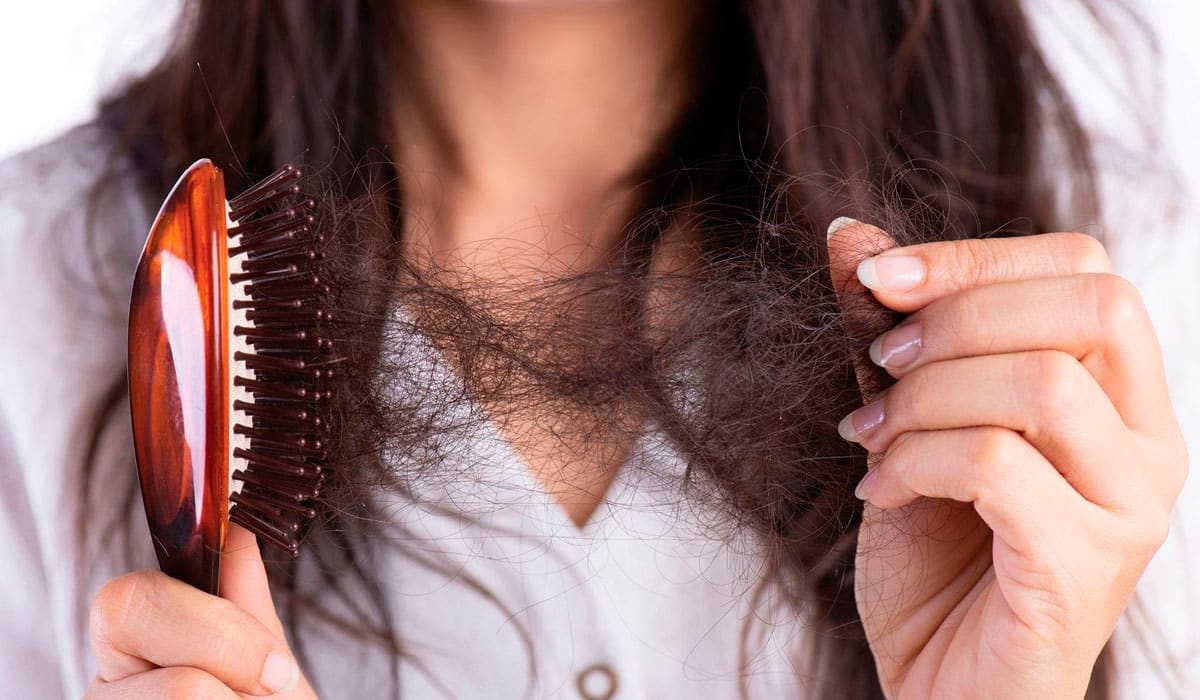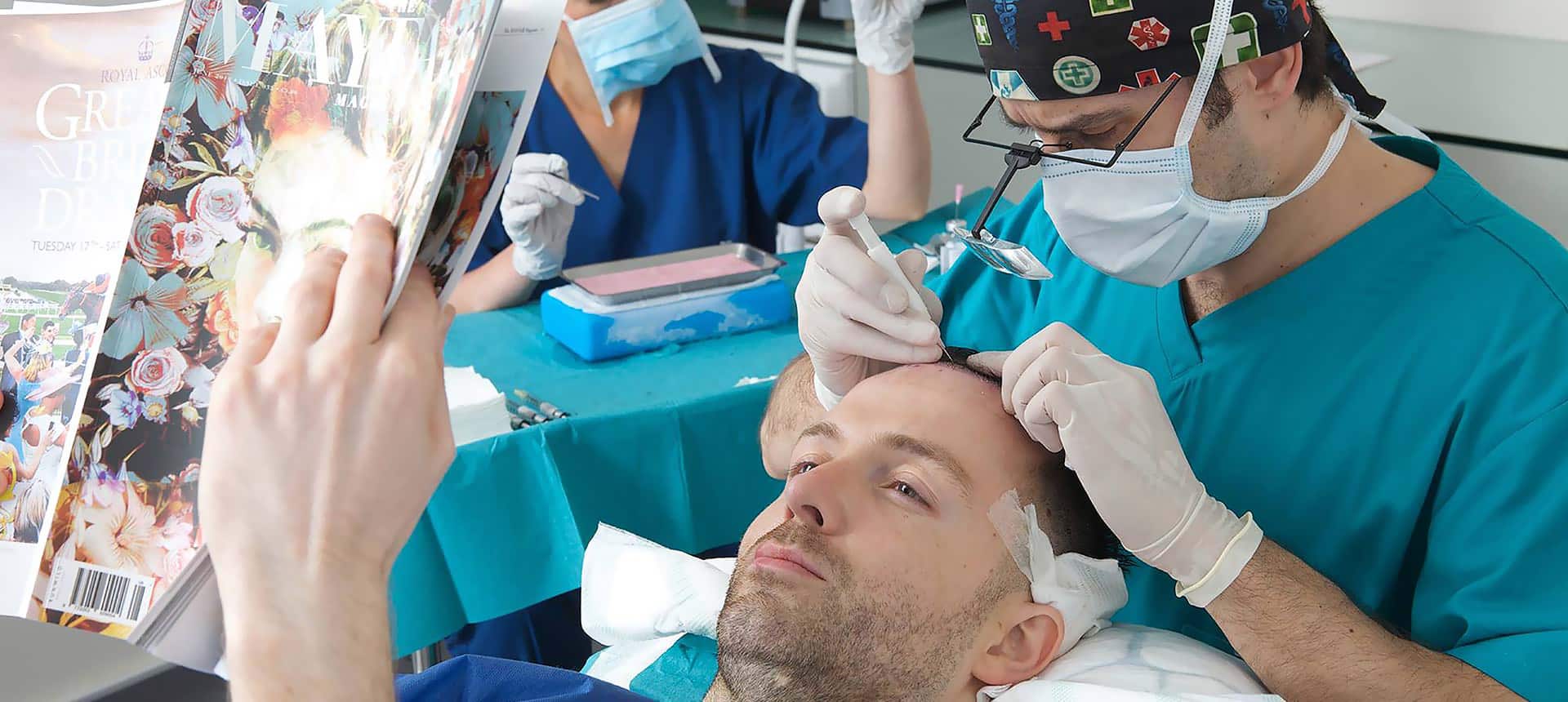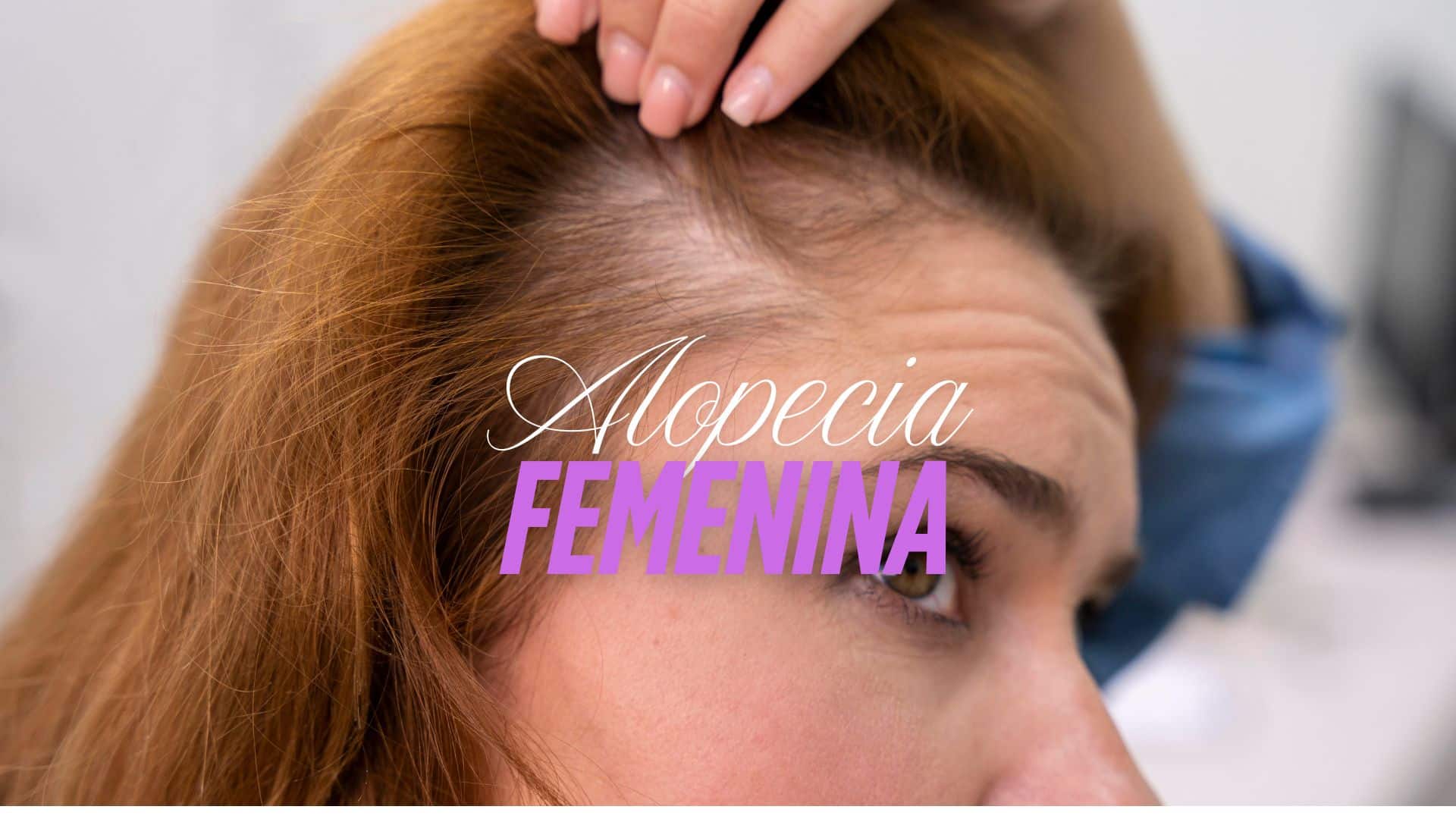
Why does the hair fall out?
Hair loss can be a distressing and frustrating experience for many people, and it can occur for a variety of reasons. In this blog, we will explore some of the common causes of hair loss, as well as strategies for preventing and treating hair loss.
Genetics
One of the most common causes of hair loss is genetics. Male and female pattern baldness is a hereditary condition that affects millions of people worldwide. This type of hair loss typically starts with a receding hairline or thinning at the crown of the head and can progress over time.
Hormonal Changes
Hormonal changes can also cause hair loss. Women may experience hair loss due to changes in hormone levels during pregnancy, menopause, or as a result of polycystic ovary syndrome (PCOS). Men may experience hair loss as a result of fluctuations in testosterone levels.
Stress Stress
can cause hair loss by disrupting the natural growth cycle of hair follicles. Acute or chronic stress can cause the hair to enter the telogen (resting) phase of the growth cycle prematurely, leading to shedding and thinning.
Nutritional Deficiencies
Nutritional deficiencies can also contribute to hair loss. A lack of iron, vitamin D, or biotin can lead to hair loss, as these nutrients play a critical role in maintaining healthy hair growth.
Medical Conditions and Treatments
Certain medical conditions and treatments can also cause hair loss. Autoimmune disorders like alopecia areata and lupus can cause hair loss, as can chemotherapy and radiation therapy. Certain medications, such as antidepressants and blood thinners, can also cause hair loss as a side effect.
Hairstyles and Styling Habits Certain hairstyles and styling habits can contribute to hair loss. Tight hairstyles like braids, ponytails, and cornrows can cause hair to become damaged and break off, leading to thinning and hair loss. Frequent use of heat styling tools like straighteners and curling irons can also damage the hair and lead to breakage.
Preventing and Treating Hair Loss
Preventing and treating hair loss depends on the underlying cause. If hair loss is due to genetics, there are medications like minoxidil and finasteride that can slow or stop the progression of hair loss. Hormonal imbalances can be treated with hormone replacement therapy or medications that regulate hormone levels. Managing stress and incorporating nutrient-rich foods into the diet can also help promote healthy hair growth.
In some cases, hair loss may be irreversible or difficult to treat. In these situations, hair restoration techniques like hair transplantation or scalp micropigmentation may be an option.
Hair loss is a common condition that can occur for a variety of reasons. Identifying the underlying cause of hair loss is the first step in preventing and treating this condition. By working with a healthcare provider or hair restoration specialist, people can explore their treatment options and find a solution that works for them. With the right care and treatment, people can achieve healthy, beautiful hair and feel confident in their appearance.
If you are worried about the way your hair has been falling out, contact us at DHI Panama, you can have a free online consultation through WhatsApp 6349-5550; by filling out our contact form or writing to the chat on the website.





